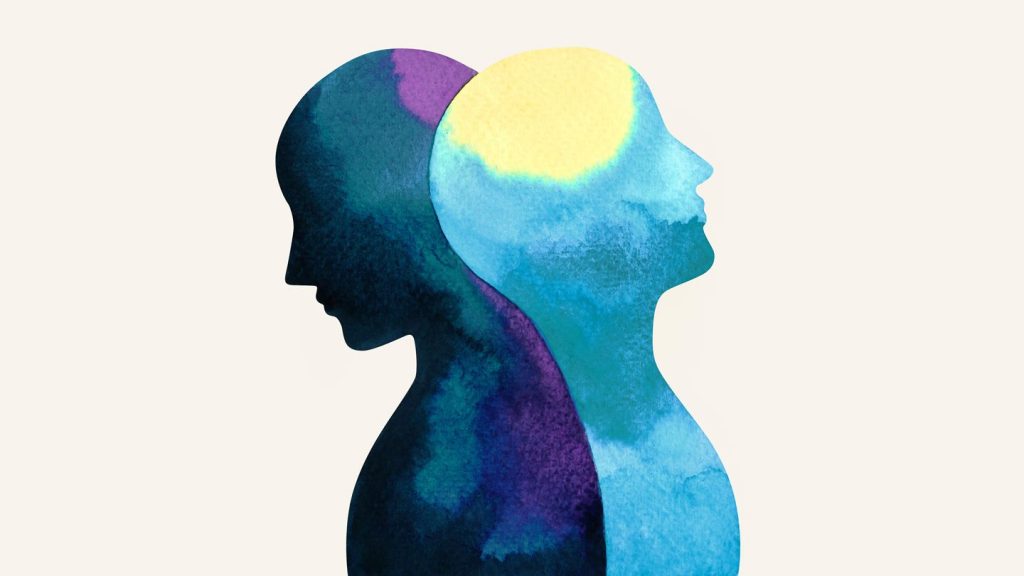Bipolar disorder is a complex mental health condition characterized by extreme mood swings, ranging from periods of elevated mania to depressive lows. Traditional treatment approaches often involve a combination of medication and psychotherapy. However, an increasing number of individuals are exploring holistic approaches to complement or sometimes even replace conventional methods, as they focus on addressing the individual’s mind, body, and spirit. These holistic approaches aim to restore balance in the lives of those affected by bipolar disorder, promoting overall well-being and improved quality of life.

Mindfulness-Based Therapies:
Mindfulness-based therapies, such as Mindfulness-Based Cognitive Therapy MBCT and Mindfulness-Based Stress Reduction MBSR, have gained popularity in recent years. These therapies emphasize living in the present moment, acknowledging thoughts and emotions without judgment. For individuals with bipolar disorder, practicing mindfulness can help manage stress, reduce emotional reactivity, and enhance self-awareness during mood fluctuations. Mindfulness meditation and yoga, often integrated into these therapies, can also foster emotional regulation and resilience.
Nutrition and Dietary Support:
A growing body of evidence suggests that diet plays a crucial role in mental health. In the case of bipolar disorder, adopting a balanced and nutritious diet can have a positive impact on mood stability. A diet rich in omega-3 fatty acids, found in fatty fish and certain nuts and seeds, has been associated with reduced depressive symptoms. Similarly, incorporating whole grains, fruits, and vegetables can provide essential nutrients and promote overall well-being. Eliminating or reducing the intake of stimulants like caffeine and processed foods can also is beneficial for mood management and check here now https://www.havenpsychiatrynp.com/services/bipolar-disorder-treatment/.
Exercise and Physical Activity:
Regular physical activity is not only essential for maintaining physical health but can also have significant positive effects on mental well-being. Engaging in exercise releases endorphins, the feel-good hormones, which can help alleviate symptoms of depression and anxiety associated with bipolar disorder. Additionally, exercise can act as a healthy coping mechanism and provide a structured routine, which is particularly helpful during manic episodes.
Sleep Hygiene:
Sleep disruptions are a common feature of bipolar disorder and can exacerbate mood swings. Establishing good sleep hygiene practices is vital in achieving balance. Creating a consistent sleep schedule, avoiding electronic devices before bedtime, and maintaining a calm sleeping environment can improve the quality and duration of sleep, thus positively influencing mood stability.
Art and Music Therapy:
Expressive therapies, such as art and music therapy, offer a unique and creative outlet for individuals with bipolar disorder to explore and process their emotions. Engaging in artistic endeavors can be therapeutic, helping individuals channel their feelings in a constructive manner. Furthermore, creative expression can be a valuable tool for self-discovery and promoting a sense of control over emotions.
Support Groups and Community Involvement:
Participating in support groups specifically tailored for individuals with bipolar disorder can provide a sense of community and understanding. Sharing experiences, coping strategies, and learning from others can be invaluable in the journey towards balance and stability. Community involvement, such as volunteering or engaging in hobbies, can also contribute to improved mental health by fostering a sense of purpose and social connection.